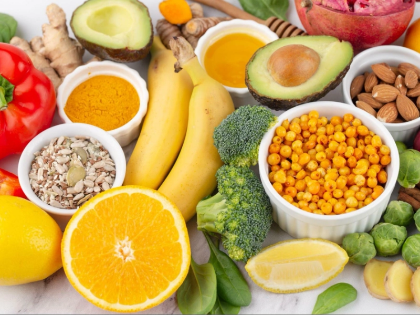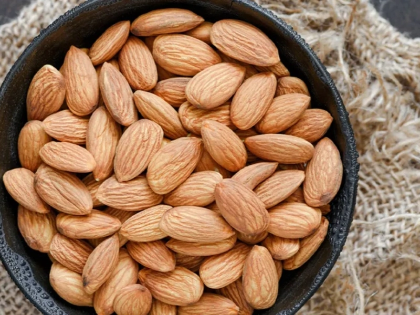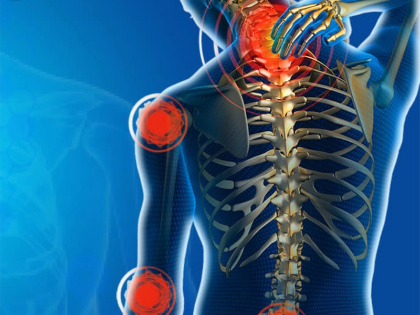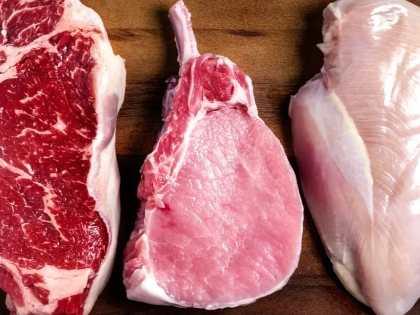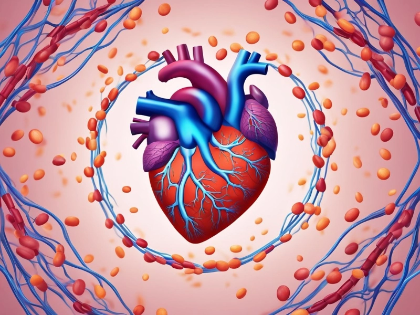The Role of Vitamin K in Wound Healing and Tissue Repair
1. Understanding Vitamin K
Particularly in blood coagulation and bone health, vitamin K is a fat-soluble vitamin that is absolutely vital for many different body systems. Found mostly in leafy green vegetables, K1 (phylloquinone) and K2 (menaquinone) are two main forms of vitamin K; animal products and fermented meals contain K2. Although most people relate vitamin K with its function in coagulation, it is also crucial for efficient tissue regeneration and healing of wounds.
2. Blood Clotting: Its Value
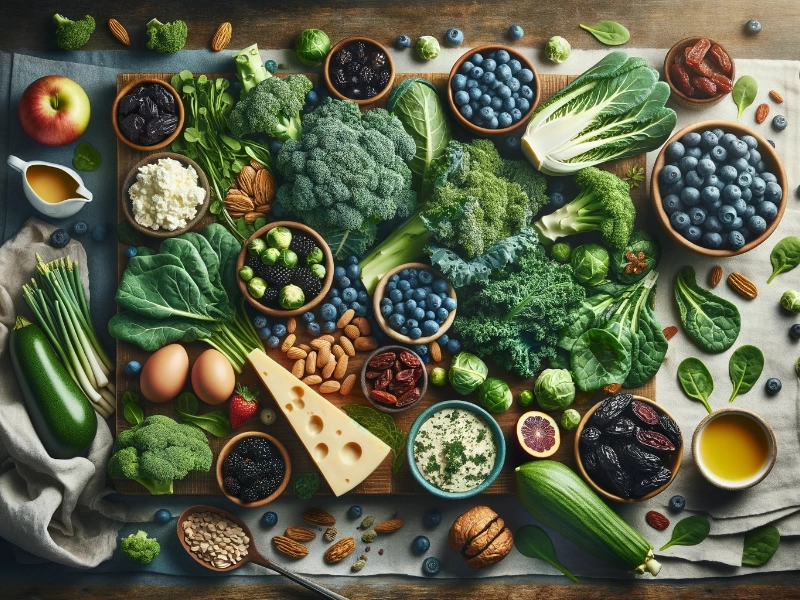
3. Vitamin K: Cell Development
Apart from its function in clotting, vitamin K is absolutely essential for cell development and repair. It helps to synthesise proteins required for tissue regeneration among other biological processes. During the healing process, this is especially crucial since damaged tissues must be rebuilt and replaced. Vitamin K supports cell processes, so enabling the regeneration of tissues and hence more effective healing.
4. Vitamin K's Part in Bone Health
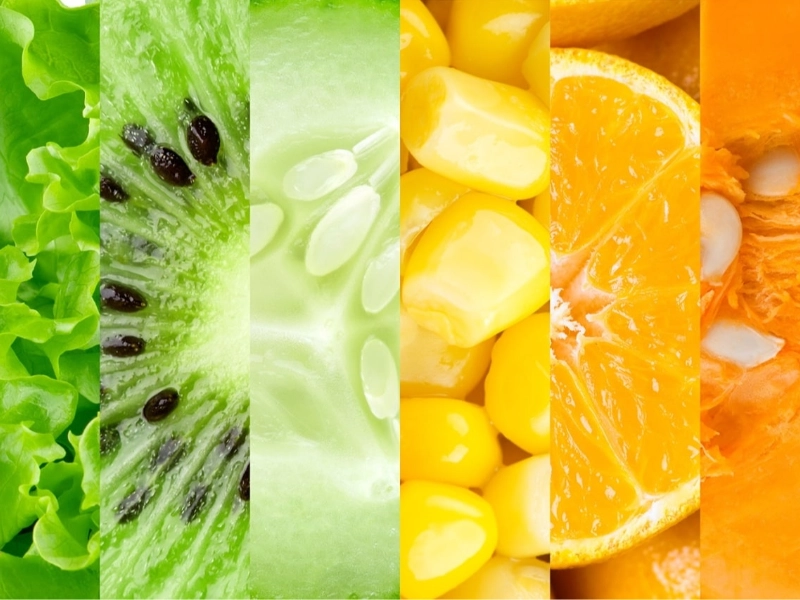 Mostly by means of its control of calcium, vitamin K is well-known for its role to bone health. It keeps calcium from building up in soft tissues and directs it to the teeth and bones where it is needed. Healing of wounds depends on proper bone health, particularly in situations of fractures or injuries compromising the skeletal system. Strong bones enable vitamin K to indirectly help in healing.
Mostly by means of its control of calcium, vitamin K is well-known for its role to bone health. It keeps calcium from building up in soft tissues and directs it to the teeth and bones where it is needed. Healing of wounds depends on proper bone health, particularly in situations of fractures or injuries compromising the skeletal system. Strong bones enable vitamin K to indirectly help in healing.
5. Anti-inflammatory effects
Complications and a hampered healing process for wounds might result from chronic inflammation. According to some research, vitamin K has anti-inflammatory qualities that might assist the body's inflammation be lessened. Reducing inflammation helps vitamin K create a more suitable environment for healing, so enabling tissues to recover more quickly and precisely.
6. Vitamin K's Dietary Sources
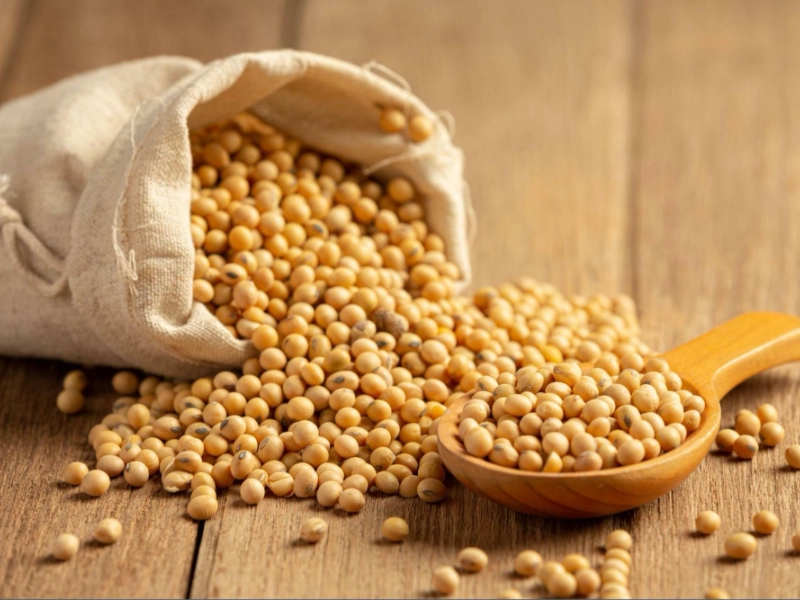 Including enough amounts of vitamin K in your diet will help you to enjoy its advantages for tissue regeneration and wound healing. Great sources of vitamin K1 are leafy green vegetables including broccoli, kale, and spinach. Vitamin K2 is found in fermented foods like several cheeses and natto. Including a range of these items in your meals can help to guarantee that your vitamin K requirements are met.
Including enough amounts of vitamin K in your diet will help you to enjoy its advantages for tissue regeneration and wound healing. Great sources of vitamin K1 are leafy green vegetables including broccoli, kale, and spinach. Vitamin K2 is found in fermented foods like several cheeses and natto. Including a range of these items in your meals can help to guarantee that your vitamin K requirements are met.
7. Vitamin K Deficiency: Effects
Lack of vitamin K can have major effects on healing of wounds. Those lacking in vitamin K could have slower healing, more bleeding, and a higher risk of problems following surgery or an injury. Maintaining enough vitamin K levels to promote the healing process is especially crucial for those healing from major wounds or surgical operations.
8. Healing's Synergy of Nutrients
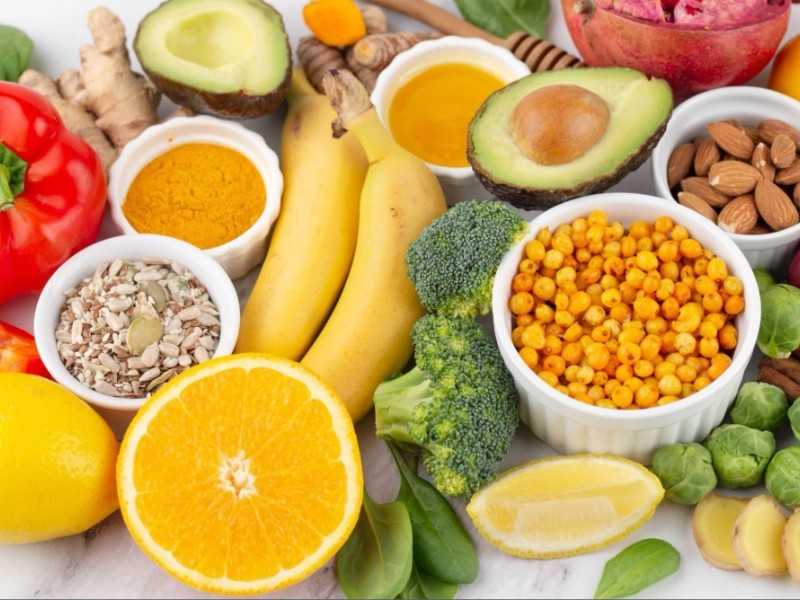 Although vitamin K is quite crucial for wound healing, it is also necessary to understand that it interacts with other nutrients. Effective healing also depends on vitamins A, C, and E as well as zinc and protein. More successfully than depending on one vitamin alone, a balanced diet including a range of nutrients will help the body recuperate.
Although vitamin K is quite crucial for wound healing, it is also necessary to understand that it interacts with other nutrients. Effective healing also depends on vitamins A, C, and E as well as zinc and protein. More successfully than depending on one vitamin alone, a balanced diet including a range of nutrients will help the body recuperate.
9. Review of Vitamin K's Healing Function
An essential vitamin, vitamin K greatly helps tissue repair and healing of wounds. Its participation in anti-inflammatory mechanisms, cell development, and blood clotting makes it indispensable for a good healing after trauma. Through a balanced diet, people can help their bodies to naturally heal by guaranteeing sufficient consumption of vitamin K. Knowing the several functions of vitamin K will enable people to choose their diets wisely so improving their general health and recuperation.
